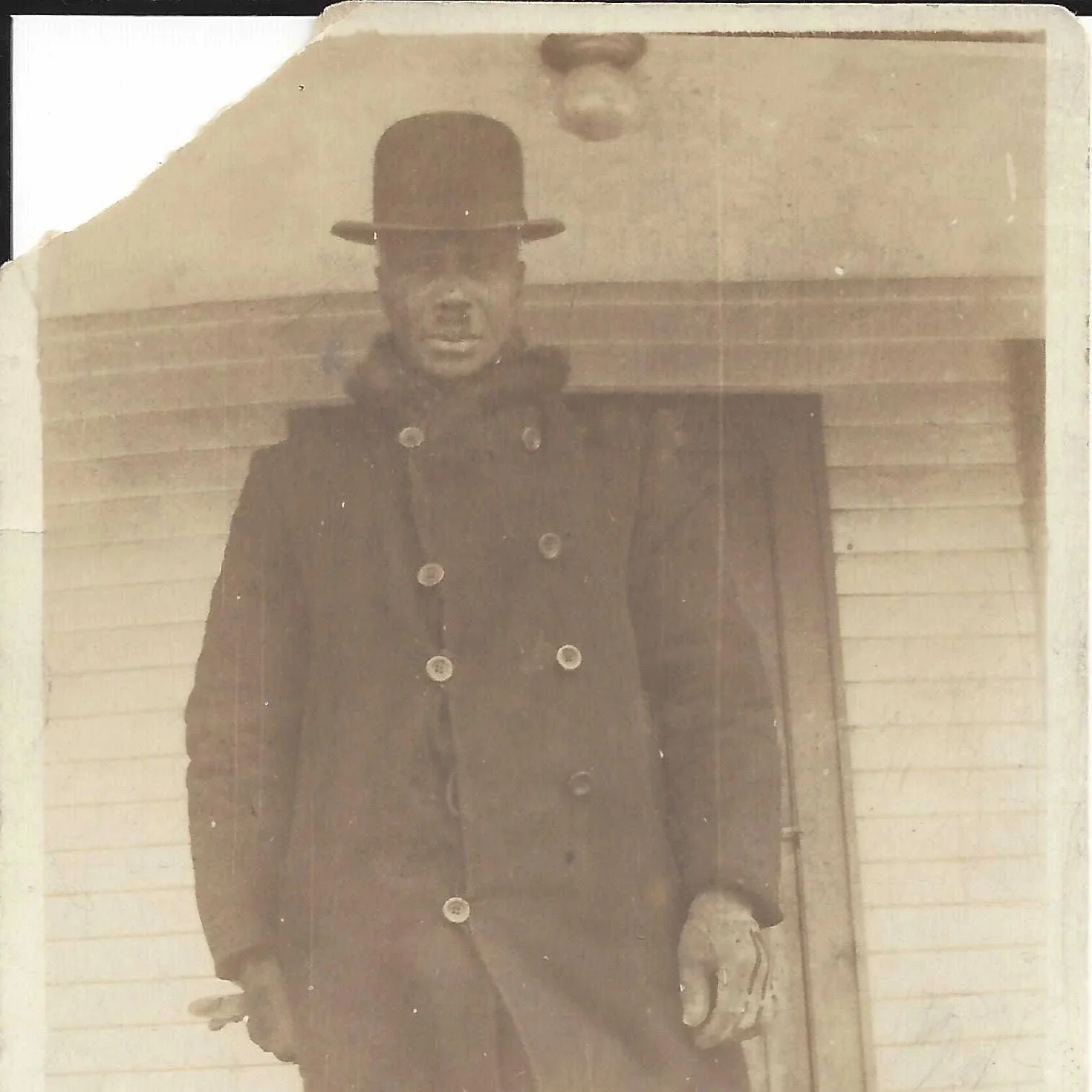'Blackass' by A. Igoni Barrett is a complex, meandering exploration of identity and race
/What would you do if you woke up one morning and discovered that your identity had completely changed? Blackass, A. Igoni Barrett’s debut novel explores just that. Although the novel draws on elements found within the pages of Kafka’s Metamorphosis, it does so in order to reveal an entirely different message.
In Blackass, the reader is introduced to protagonist Furo Wariboko, a 33-year-old university graduate who lives with his parents, and has no job prospects. On the morning of his first interview in months, Furo awakens to discover that his physical appearance has been completely altered. No longer is he a dark-skinned Nigerian; he has become what his people call an “Oyibo,” a light-skinned person—he even has the red hair and green eyes to match. This realization sends Furo into a panic, and he leaves his home and family to recreate a new identity for himself.
Furo quickly learns that life as a minority in Nigeria, specifically in Lagos, where he now lives, is challenging and sends him to the margins of society, unable to blend in with the majority of the population.
This is where the novel’s message becomes clouded. Furo recognizes that being a minority is difficult for anyone who does not fit societal norms. He is ridiculed, constantly questioned about his appearance as a white male being incongruous with his thick Nigerian accent and obviously Nigerian name. At the same time, Barrett explores the idea of white privilege, and its existence even when whites are the minority.
Despite his mistreatment in some instances (being ridiculed, questioned, and refused service, etc.) Furo also benefits greatly from his transformation into a white male. He is given a job that he does not have the credentials for, and secures a place to live where he pays little or no money to do so. In Furo’s opinion, leaving his family and hometown was the best decision he had ever made. But these messages in Barrett’s novel create a dichotomy that is confusing. Is he commenting on white privilege despite being a minority, or does it perpetuate the idea that every person experiences the effects of racial profiling? Furthermore, when Furo discovers that he has one body part that is a symbol of his split identity (I won’t spoil it, even though the novel’s title has already done so), this could have been used to elicit a deeper message and the author could have explored this element’s true meaning.
Another glaring problem with Blackass is the multitude of subplots that seem to remain unresolved, and generally pointless.
For example, Furo meets a writer, Igoni, in a café, who provides him with solid advice on being a minority in Lagos. Later, the two reunite, only this time, Igoni has transitioned into a woman. Perhaps this change is meant to show the similarities between different types of body modifications—but this idea is never explored in greater detail. There are several subplots that explore sexual relationships and working relationships that are altered because of Furo’s change in appearance.
Blackass had great potential to comment on minority life and how it changes in different situations, but it does not successfully do so. There are too many subplots, and too many unexplored events that only muddle the book’s overall message. With that being said, Furo is a well-developed character that is relatable and believable, and the absurd situations created by Barrett are generally entertaining. This makes Blackass, a witty, yet confusing tale of race, privilege, modern day difficulties, and relationships. The truth is—keeping to a simplified plot and distinct meaning is really all you need.











